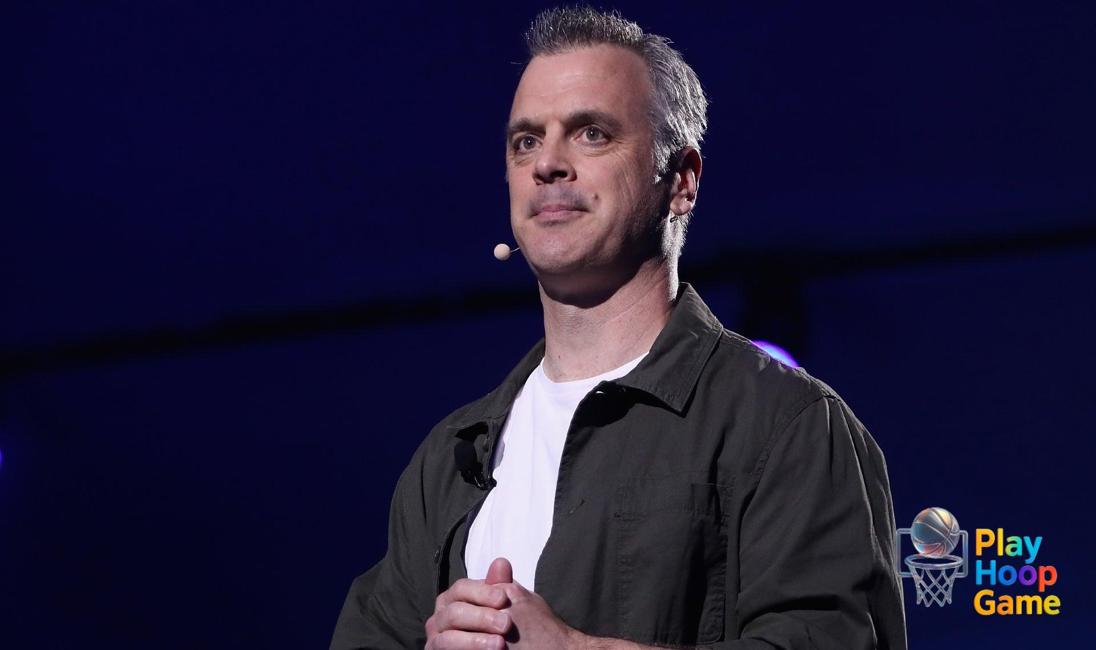Okay, so, subscription services in gaming. We all know the drill, right? Game Pass, PlayStation Plus, and a dozen others vying for our monthly dollars. But here's the thing: are they actually… good? Like, really good? Or are we just throwing money into a void, hoping for the next must-play title?
An ex-Bethesda exec recently dropped a bit of a truth bomb, and it's got me thinking. They basically said subscriptions are 'worth jack s' without the talented people who actually make the games. And honestly? It’s hard to disagree.
The Human Cost of Endless Content
Think about it. These services promise endless content, a never-ending stream of games to play. But where does that content come from? It doesn’t just magically appear, you know. Real, live humans pour their blood, sweat, and tears (and probably a whole lot of caffeine) into crafting these experiences. They’re the artists, the programmers, the designers, the storytellers. They’re the ones who make the magic happen. And without them? You just have a fancy storefront with nothing to sell. It reminds me of deals on Playstation RPGs which are worthless if there are no more games in the future.
But – and this is a big but – the subscription model, as it currently exists, often feels like it’s prioritizing quantity over quality. The pressure to constantly churn out new content can lead to crunch, burnout, and a general devaluation of the creative process. Are we really supporting the industry if we’re contributing to a system that grinds down the very people who make the games we love?
I initially thought that subscriptions were the future. Cheaper for gamers and more stable revenue for publishers. But after looking deeper, I see how much can go wrong. And that quote from the Bethesda exec? It's sticking with me.
Are Subscriptions Sustainable?
That's the million-dollar question, isn't it? Or maybe the billion-dollar question, given the scale of these gaming subscriptions. The answer, I think, is a resounding “it depends.” It depends on how these services treat their developers. It depends on whether they prioritize sustainable development practices over relentless content creation. It depends on whether they recognize that the real value lies not in the sheer volume of games, but in the quality and creativity of those games. Think of the alternative: what is the point of overhauling a game like Starfield if there are no more games like Starfield?
Here's the thing: I’ve got to admit, I'm torn. On the one hand, I love having access to a library of games for a relatively low monthly fee. It allows me to discover titles I might never have tried otherwise. On the other hand, I don't want to support a system that exploits developers or stifles creativity. I think the gaming industry has to be careful when looking at the revenue growth that subscription services are having.
Finding the Right Balance
So, how do we strike the right balance? How do we create a subscription model that benefits both gamers and developers? I don't have all the answers, obviously, but here are a few thoughts:
- Transparency is key. Gamers deserve to know how the subscription revenue is being distributed and whether developers are being fairly compensated.
- Quality over quantity. Focus on curating a library of high-quality games rather than flooding the service with shovelware.
- Support indie developers. Provide a platform for smaller studios to showcase their work and reach a wider audience. This will help diversify offerings and keep things fresh.
- Empower developers. Give them more creative control and autonomy. Let them experiment and take risks.
Ultimately, the success of gaming subscriptions hinges on one thing: valuing the people who make the games. Without their talent, their passion, and their dedication, these services are, as the ex-Bethesda exec put it, “worth jack s.”
FAQ: Gaming Subscriptions and Their Value
Are gaming subscriptions actually cheaper in the long run?
That's a tricky question! It really depends on your gaming habits. If you play a wide variety of games and would normally buy several new titles a year, a subscription service could save you money. However, if you tend to stick to a few favorite games or prefer owning your games outright, you might end up spending more on a subscription than you would on individual purchases. It’s worth doing the math and figuring out what makes the most sense for your personal situation.
How do I know if a subscription service is treating developers fairly?
Unfortunately, it can be tough to know for sure. The financial details of these deals are often kept under wraps. However, you can do some research. Look for news articles or interviews where developers discuss their experiences working with subscription services. Pay attention to whether they talk about crunch, creative freedom, or fair compensation. If you hear consistent complaints, it might be a red flag.
What happens to the games I downloaded if I cancel my subscription?
Good question! Generally, when you cancel your subscription, you lose access to any games you downloaded through the service. It's like renting a movie – once you return it, you can no longer watch it. Some services may offer the option to purchase games you've downloaded at a discounted price, but that's not always the case. Always read the fine print before signing up!
Ex-Bethesda Exec Says Subscriptions Are ‘Worth Jack S’ – is that true, really?
Well, it's certainly a provocative statement! The truth is likely somewhere in the middle. Subscriptions can offer value, but only if the focus is on quality games created by fairly treated developers. The future of gaming subscriptions depends on striking a balance between accessibility and sustainability.

























